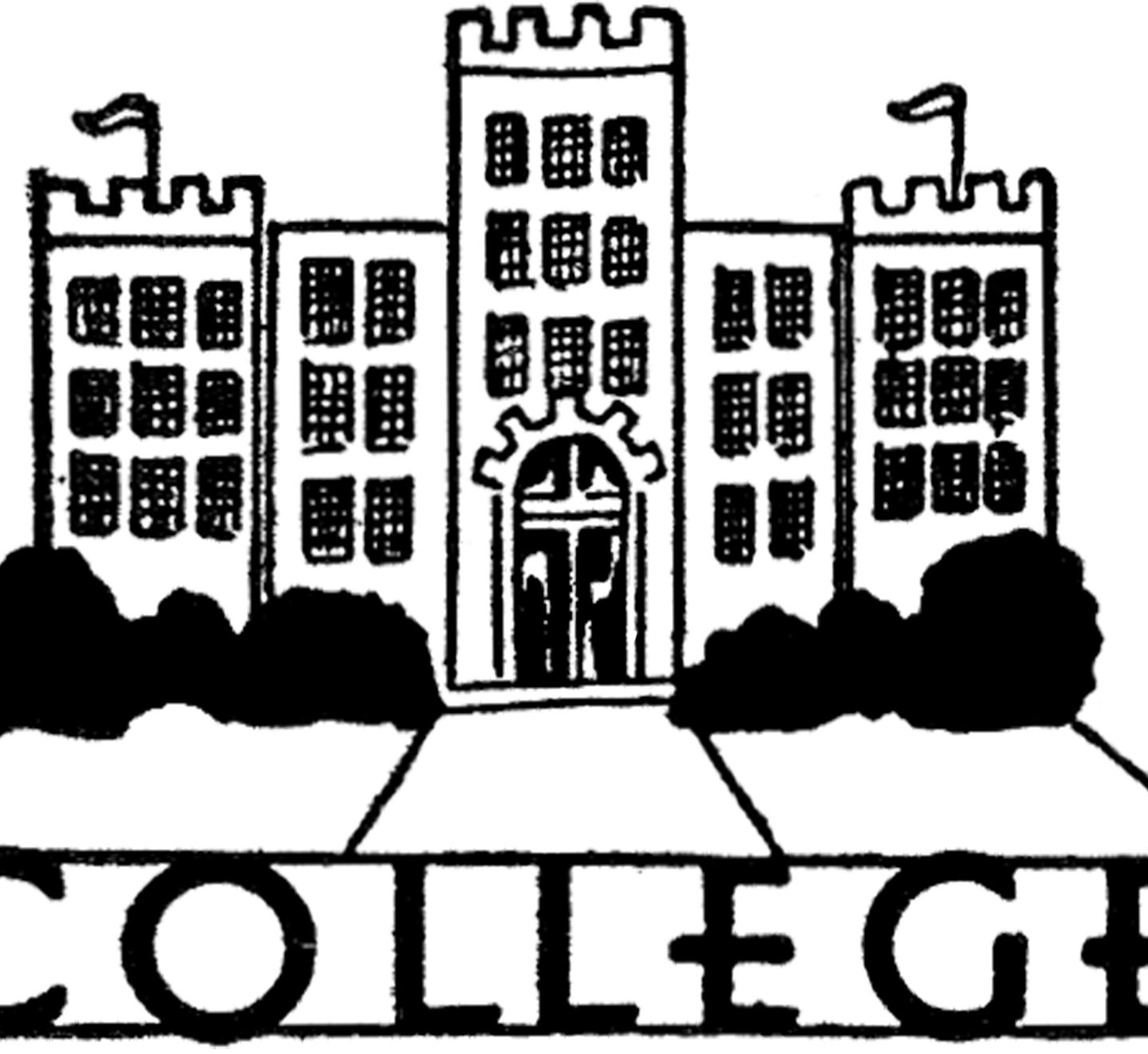In the modern educational system in United States, community colleges have a major role to play.
The role played by community colleges are unique and important in a way that they are offering the first, and sometimes even the only, exposure to higher education for many people. A new shift has become evident with many K-12 schools converting into K-14 schools. Most of the educationists have appreciated this transition as the shift from K-12 institutions to K-14 institutions reflect the growing significance of community colleges in the US educational context.
Community colleges have an extensive and penetrating influence on the educational standards of American society. People might further pursue a four-year college or university course or make direct application of their knowledge to the work situations. But apart from these comprehensive sessions at the community colleges would positively render the people better informed – making them possible voters and responsible members of the society. A relative newcomer in the higher education system, the community colleges need a better introduction.
The Origins
History reveals that the foundation of the modern community college was set to place by two radical developments in higher education system in US. The Morrill Act of 1862, initiated the process, allotting lands for special universities, that pursued the fields of practical studies like mechanics, agriculture, applied studies etc. Tackling a broader spectrum of subjects, other than the conventional and elite arts subjects, the purpose served the country’s need to prepare for a changing world of work.
Another remarkable development that complemented this egalitarian step was the foundation of the public two-year institutions – the Lewis Institute in Chicago(1896) and Joliet College. The concept of higher education went through a radical change with the dawning of a new concept that all Americans have the right to access and benefit from the university or college education, even with federal assistance, in necessary conditions. The introduction of the term ‘community college’ reflects a broader sense of societal obligation.

